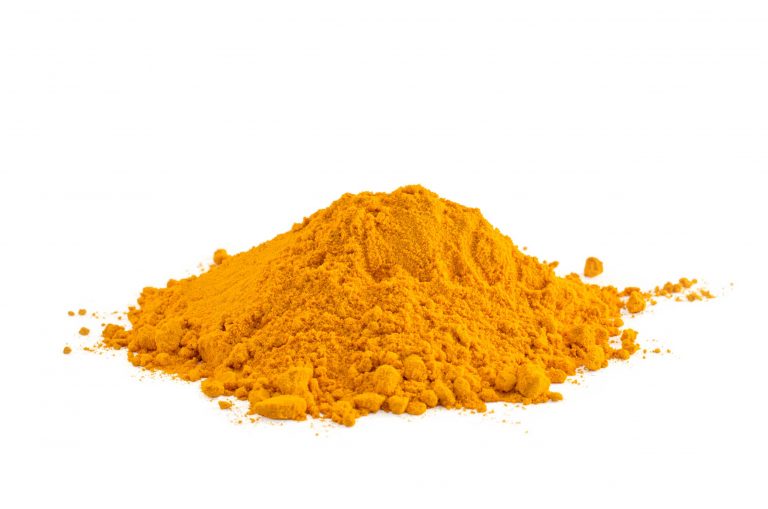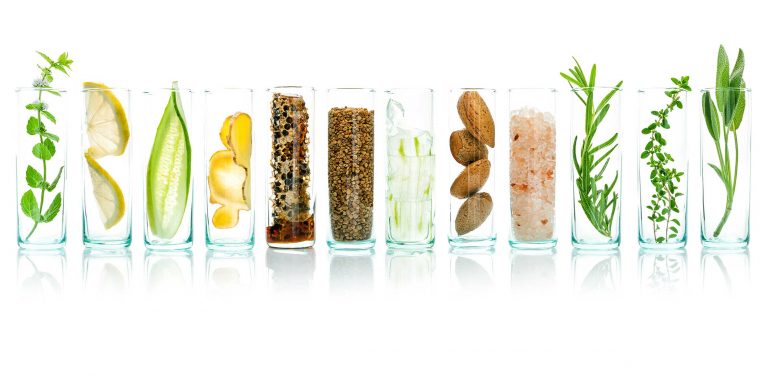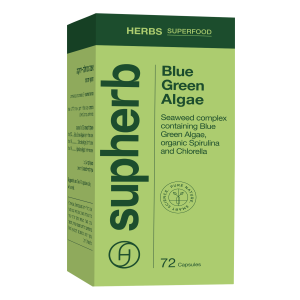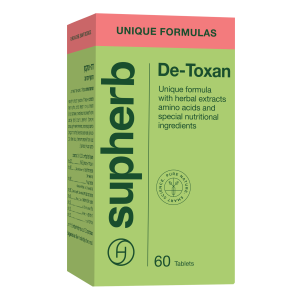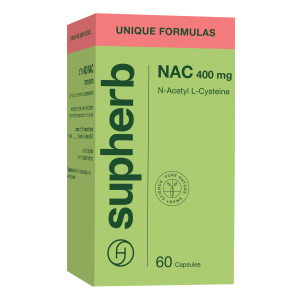- Home
- Immune system
- Detox: What is a detox (toxin cleanse) diet?
Detox: What is a detox (toxin cleanse) diet?
- “Cleanse diet” is a popular method in alternative medicine; its goal is to cleanse and detoxify the body, and is intended for limited periods of time.
- There are various cleanse diets out there, and the common thread between them is the avoidance of processed foods, sugars, alcohol, and coffee.
- According to naturopathic medicine, our health rests on three tenets: nutrition, movement, and elimination. In order to attain optimal health, we must take care of all three tenets.

You’ve all heard about detox cleansing. Our modern lifestyle forces our body to handle a particularly large amount of toxins on a day-to-day basis; some toxins come from the outside environment, and others are secreted by the body. What’s a cleanse diet? What are the methods of cleansing and what is important to know before you start? Let’s begin with some background.
Where do the toxins come from?
A toxin is anything that harms or damages the human cells in the body. Anything can become a toxin when it’s present in a high enough quantity. However, we use the word “toxin” when we discuss substances that can harm our body even at small quantities. These toxins can enter our bodies from smoking, pollution, alcohol, medications, chemicals found in cosmetic products, and various ingredients that are added to processed foods.
There are toxins that form as a result of pathogens, and our immune system reacts in order to prevent their harmful effects on bodily tissues.
Furthermore, there are toxins that are secreted by our bodies – such as “metabolic waste”. These are the byproducts of natural metabolic processes within are bodies and they have to be eliminated from our bodies in order to not cause damage.
How does our body deal with toxins?
We’re all exposed to toxins and waste from different sources. Our bodies have several mechanisms for handling such toxins: our body can neutralize toxins and convert them into less harmful substances before excreting them, and in other instances, when the body can’t excrete them efficiently; it stores them in the adipose (fatty) tissues, where they’re insulated and can’t cause harm. Even during the breathing process, as we inhale air, the body uses the oxygen and emits carbon dioxide hen exhaling, using the vascular system as a conduit.
The elimination system:
Our body is an extraordinarily sophisticated system and is constantly handling various “risks”. either with the help of our immune system, or with the help of the elimination systems. The systems responsible for eliminating toxins from the body are the liver, kidneys, the urinary system, the lymphatic system and the pulmonary system. Every substance is treated according to its chemical composition.
A toxin overload in the body, is there such a thing?
According to naturopathic medicine, certain health conditions have to do with a toxin overload in the body. The combination of waste and toxins with the inability of the body to “keep up” with the elimination process is but one reason for “toxin overload”. Alternatively, there are situations in which certain excess can cause an overload on the system and make it difficult for the body to eliminate waste properly. For instance, fatty liver is a very common condition in the Western world that affects about 30% of the adult population. The modern lifestyle has adverse effects on fatty liver, and it leads to a condition in which the liver can’t keep up with the removal of toxins and waste from the body.
Do you remember that any substance in a high-enough quantity can be harmful?
When consumed in a high-enough quantity, even essential nutrients that are necessary for our survival can damage our health. This is true for everything: minerals, vitamins, protein, fat, carbohydrates, and even water. The gravity of the effect depends on the actual substance, on its solubility, on its metabolic waste, and of course, on quantity.
Let’s take protein excess for instance. Ammonium is a byproduct of the breakdown of protein, and since it’s a toxic substance, the liver works to convert it into a less-toxic substance – urea. Urea is water-soluble and therefore is excreted through the kidneys in our urine. In any case, this is metabolic waste that has to be eliminated from the body. If we increase the amount of protein we consume, it will cause an overload on the systems that work hard to eliminate its waste and byproducts.
Therefore, we can truly understand the saying “everything in moderation”. Our body knows how to handle the many substances that we are exposed to with the help of various biological and chemical mechanisms. In order for all these mechanisms to work in an efficient and healthy way, we need to treat our body with kindness and consideration. If we overload our bodies, even with “healthy” foods, it could have a negative effect on the proper functioning of the elimination system.
Nutrition, movement, elimination:
According to naturopathic medicine, our health rests on three fundamental tenets: nutrition, movement, and elimination. In order to reach optimal health, we must take care of all three of these aspects, since they are interconnected. The most important thing is to adopt a lifestyle that is considerate of the body: we need to provide the body with all of the nutritious ingredients needed for it to thrive, drink water, be moblie and encourage elimination. It’s equally as important to find time to rest and reduce stress.
Our body is a complete, complex and sophisticated system. It knows how to handle waste and toxins and it does so on a regular basis. Remember, it’s all a matter of quantity and measure. You don’t need to have “perfect” nutrition, but find the balance that will become a lifestyle.
Symptoms of toxin overload, according to naturopathy:
The symptoms that are associated with toxin overload, according to naturopathy are: chronic fatigue, headaches, fowl body odor, constipation, ‘foggy’ brain, difficulty concentrating, difficulty losing weight, sleep issues, skin issues, and more. These symptoms are non-specific and can also indicate other ailments and conditions. In any case, we recommend consulting a doctor.
What is a detox/cleanse diet?
Both naturopathy and Chinese medicine incorporate cleanses into their practices. There are various methods; all of them have the reduction of external toxins in common, mainly through nutritional changes, avoidance of highly processed cosmetics, and encouragement of waste elimination. The usage of traditional herbs to increase waste elimination is common in many different cultures.
It’s not for everybody
Some of the cleansing methods offer slow and gradual processes that combine “cleansing elements” and include relatively minor changes in one’s nutrition. Other methods can be more intensive. Either way, the process is meant for limited periods of time. Cleansing diets are not for everybody, and one should approach them with caution and responsibility and with professional guidance. Knowing the correct combination of herbs requires knowledge and understanding of how the human body works. The cleansing process can have side effects and it is therefore important to have the support of a licensed therapist in the field.





